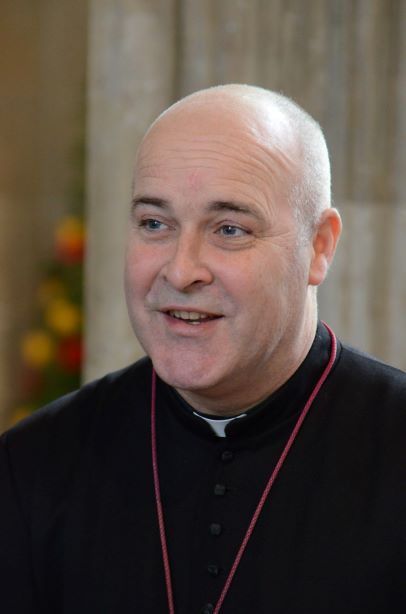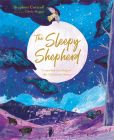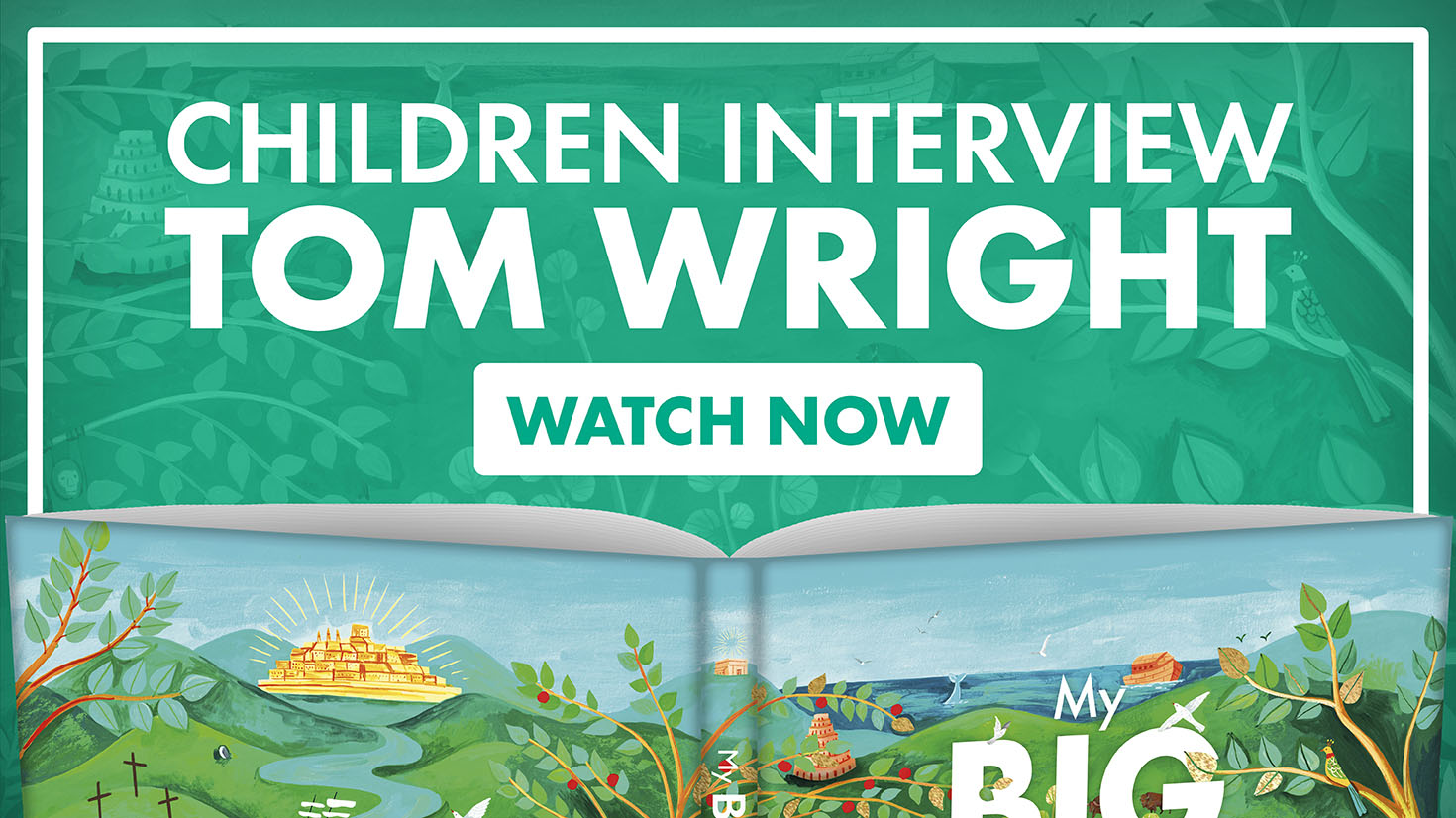We use cookies to make your experience better. To comply with the new e-Privacy directive, we need to ask for your consent to set the cookies. Learn more.
A Chat with Stephen Cottrell
1 August is Play Day, which encourages the value of play and imagination.
Our author Stephen Cottrell has always told stories to his children. Now, he has written a children’s story too. Read about the origins of his new book The Sleepy Shepherd.
One of the great gifts of parenthood is the rediscovery of one’s own childhood. Even though my children are now in their 20s, when they were little I remember the huge joy of playing with them and reading to them, not just because it made them joyful, it helped me reconnect with parts of myself that adulthood had neglected. In particular, I loved to tell them stories. I made up my own characters. I told them about a very naughty little girl called Naughty Nora. I asked them to imagine that the little bit of naughtiness that is inside everybody was poured into one person. Imagine how naughty that person would be! These stories resurfaced in many school assemblies. They were eventually gathered together in a book. I also told them stories about cow called Melon, a horse called Horace and a chicken called Fritz. While they sat in the back of the car as we went on long journeys, I would recount the ever more improbable adventures of these three friends.
I think this is something that many parents do. It doesn’t really matter if the stories are any good. There is great joy, togetherness and adventure in telling them.
But I also worry that many parents don’t. We have let the technological revolution in children’s toys do our story telling for us. Family life is robbed of the live event of sitting down together and enjoying the wide-eyed extravagant wonder of a tall tale. We all have imagination but, like every other muscle, it needs exercising. I fear for a world without this, for story-telling has been a vital bedrock of every culture. After all, the very heart and substance of Hebrew and Christian scripture is a fantastic collection of stories.
Of all the stories I made up and told my children, my favourite one was a Christmas story about a young shepherd boy who could never keep awake. Now counting sheep has always been considered a reliable method of getting to sleep, so there was a built-in occupational disadvantage for a shepherd whose main issue was failure to stay awake. As soon as he went about the simple business of doing his job, he fell asleep on it!
This shepherd therefore missed the first Christmas. The following morning when his colleagues came home from the manger and told him what had happened, he thought they were teasing him. He didn’t believe the story about angels singing in the sky. He didn’t think there was a king born in a manger. He didn’t think peace on earth was possible.
I loved this story and I told it many times – to my children and in church and in various schools I visited – but I was never really happy with the ending. It usually finished with the shepherd boy deciding to go down into Bethlehem and have a look for himself and finding out the story was true. But over the years I kept re-visiting the story in my head, thinking there must be a better conclusion.
In 2008, sitting in Heathrow airport waiting for plane and with nothing much to do, the ending of the story suddenly came to me. I wasn’t consciously thinking about it. The idea just came to me. I suppose this is how imagination works. Somewhere at the back of my mind I suppose I had never stopped thinking about the story, believing there was a better ending somewhere. I wrote it down then and there.
So what was the ending, I hear you say? Well, I’m not going to tell you. You are going to have to read. The story that was written down that day will be published by SPCK this year. Over 30 years since its first telling, it is been published as the Sleepy Shepherd. But I can tell you this: it does in a children’s book what many preachers at Christmas always try to do, which is to explain to the congregation that the child who is born in the manger is God sharing our life – not just sharing life’s joys, but also plumbing the depths of its darkest sorrows and then raising it up.
The book is beautifully illustrated by Kit Hagen. The work of his imagination gives added zest and life to the story came out of my imagination and was born of my imaginative reflection on the whole Christian story and the ways in which incarnation, death and Resurrection must be seen together.
Now, as I look at the book I even wonder whether I wrote it at all. It almost feels to me like one of those folktales that are told down through the generations and nobody can quite remember where it began. I hope, therefore, it is a book all ages can enjoy and maybe even enjoy in ages to come. And because I also know that not everyone will make up stories of their own, I hope that this is a story that parents will really enjoy reading with the children and that together they will be transported into the very story of God whose Word in Jesus Christ is made flesh.
Stephen Cottrell is the Bishop of Chelmsford, serving Essex and East London. He is a member of the Church of England’s Committee for Minority Ethnic Concerns, Bishop Protector for the Society of St Francis, and Chair of Church Army, an Anglican society for evangelism and social outreach. He is a member of the House of Lords and is on the Select Committee for Communication. He is a well-known writer and speaker on evangelism, spirituality and catechesis. He is married to Rebecca who is a potter, and they have three boys.















